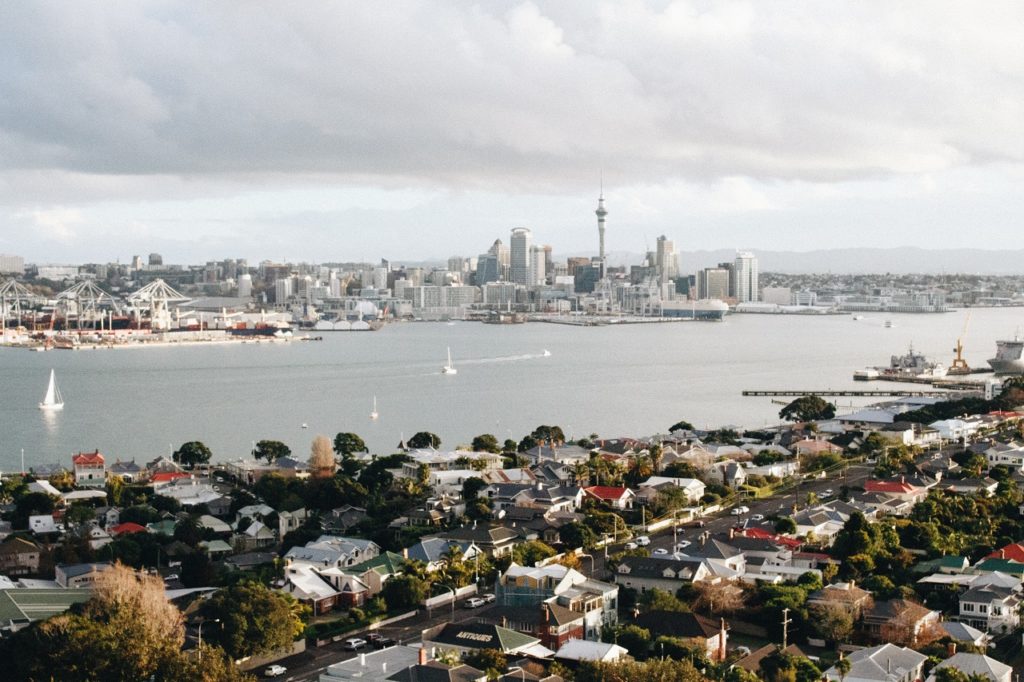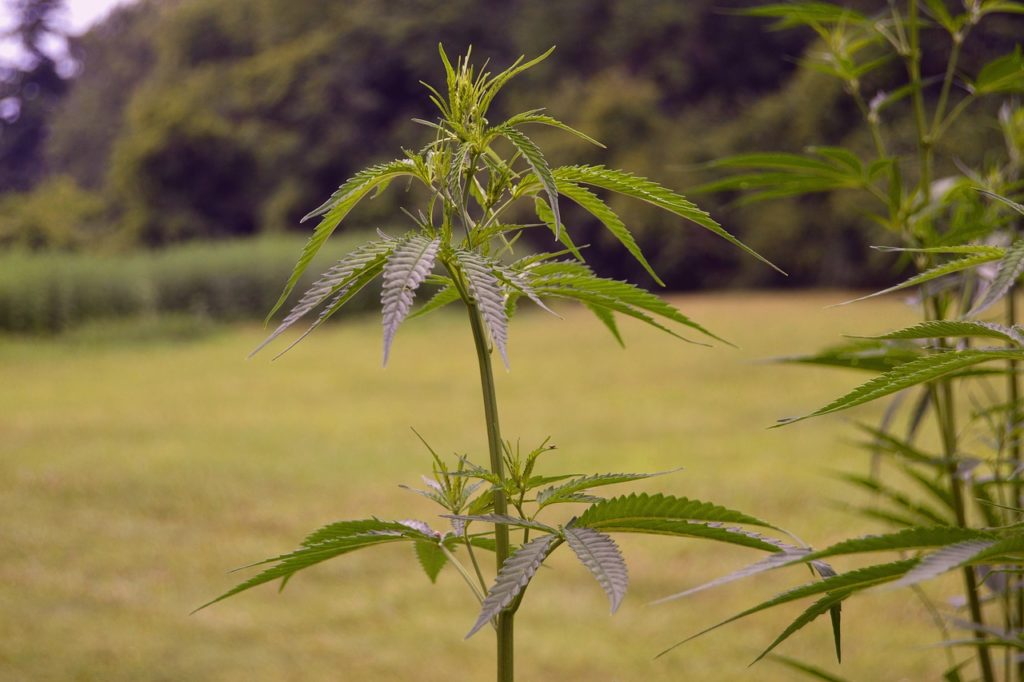At the beginning of 2020, the government of New Zealand will introduce a bill about the legalization of cannabis for recreational purposes. The draft of the law allows a minimum age of 20 years for the purchase, possession, and use of cannabis. Individuals interested in privately growing and sharing cannabis would have to comply with certain conditions and restrictions on their cultivation.
The project to legalize recreational cannabis in New Zealand


The government is planning to legalize and regulate recreational cannabis in New Zealand and wants to know what the public thinks about it.
Next year, voters will decide whether to vote for or against recreational legalization, as proposed in the bill. Legislators plan to introduce a final, detailed bill in early 2020.
Government officials hope that the early release of the bill will encourage public debate on the legalization of cannabis for recreational purposes.
You can find much more interesting cannabis news and other important marijuana investing information from the emerging cannabis sector in the Hemp.im app.
Government asks citizens their opinion on cannabis in New Zealand
The referendum question will be simple: Do you support the draft law on the legalization and regulation of cannabis in New Zealand? Yes or no.
New Zealanders will have to be informed about the basic elements of the bill. While the final draft of the bill is still being edited, the draft still gives a fairly clear picture of what legalization in New Zealand will look like.
The draft law provides a minimum age of 20 years old for the purchase, possession, and use of cannabis in New Zealand. The use of cannabis would be legal in private properties and licensed premises.
Growing cannabis in New Zealand
Individuals interested in privately growing and sharing cannabis in New Zealand would have to comply with certain conditions and restrictions on their cultivation, such as the limitation to growing two plants.
Companies would not be allowed to market and advertise while being obliged to provide harm reduction communications.
The law would also restrict cannabis sales to direct sales only. In other words, consumers will not be able to buy cannabis online or order it remotely and the purchase could only be made in stationery stores.
New Zealand hopes new laws will limit the use of cannabis


The proposed licensing system would give the New Zealand Government control over all stages of the supply chain and would also reduce the amount of cannabis that producers and growers can produce.
Justice Minister Andrew Little said that “the main objective of the law is to limit the general use of cannabis and to limit the access of young people to cannabis.”
Over 50% of “yes,” votes in the referendum will not lead to the automatic legalization of cannabis in New Zealand.
If 50% of voters are in favor of legalization, the bill will be put to the next debate in Parliament. Ultimately, the end result of this parliamentary process will be legalization.
Over 50% of “no” votes would block the legalization of cannabis in New Zealand. Medical cannabis, which is currently legal in New Zealand, will not be outlawed if over 50% of voters are against legalization.
__
(Featured image by Kirsten Drew via Unsplash)
DISCLAIMER: This article was written by a third party contributor and does not reflect the opinion of Hemp.im, its management, staff or its associates. Please review our disclaimer for more information.
This article may include forward-looking statements. These forward-looking statements generally are identified by the words “believe,” “project,” “estimate,” “become,” “plan,” “will,” and similar expressions. These forward-looking statements involve known and unknown risks as well as uncertainties, including those discussed in the following cautionary statements and elsewhere in this article and on this site. Although the Company may believe that its expectations are based on reasonable assumptions, the actual results that the Company may achieve may differ materially from any forward-looking statements, which reflect the opinions of the management of the Company only as of the date hereof. Additionally, please make sure to read these important disclosures.
First published in FaktyKonopne, a third-party contributor translated and adapted the article from the original. In case of discrepancy, the original will prevail.
Although we made reasonable efforts to provide accurate translations, some parts may be incorrect. Hemp.im assumes no responsibility for errors, omissions or ambiguities in the translations provided on this website. Any person or entity relying on translated content does so at their own risk. Hemp.im is not responsible for losses caused by such reliance on the accuracy or reliability of translated information. If you wish to report an error or inaccuracy in the translation, we encourage you to contact us.



Comments are closed for this post.